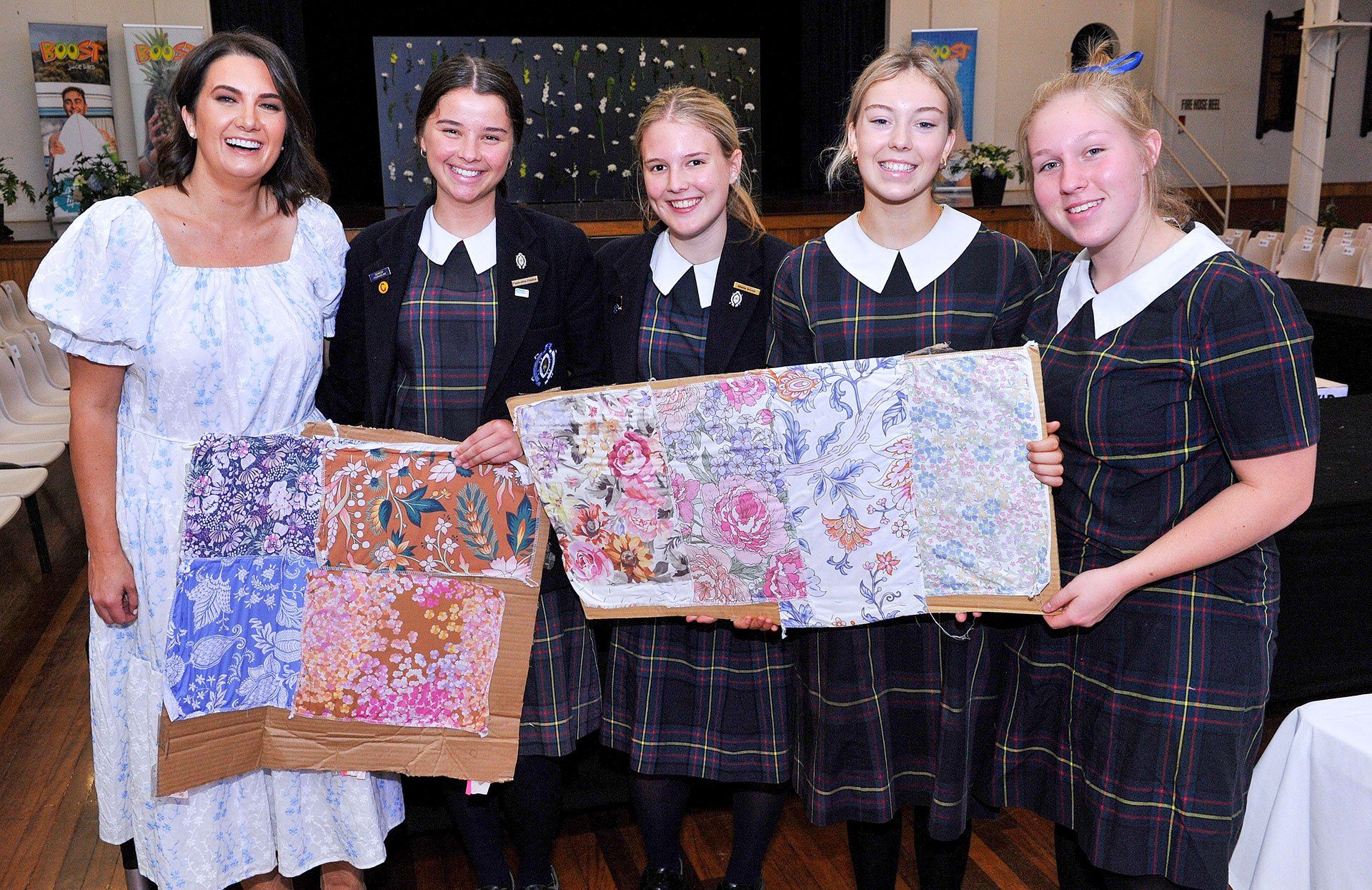2022 Welcome
Welcome to 2022 - a new school year on the brink of commencing, but not in the way we imagined.
We enter our third year negotiating pandemic living. Having skirted its full force for the past two years, we are confronting its reality in new ways. We can expect change, adaptation, cancellations – and thus, there is a deep need for flexibility, adaptability, and acceptance that things are not as they used to be: they are not. Despite this, there is much to look forward to in the year ahead.
Beginning always has its challenges, doesn’t it? Be it for current or new students dealing with a situation not anticipated, the wrench of leaving an established pattern of life including the freedoms of holidays, yes, beginning can be fraught.
We find ourselves in a heightened state of excitement or anxiety – or perhaps both, after all, the physiological response is the same, irrespective of how we brand the feeling, the branding does matter. Excitement and anticipation are much more palatable sensations than fear or anxiety.
To our brand-new starters…
When our children start school or boarding school for the first time, it’s at the top of the change scale.
No matter how attentively we have prepared for this moment, it can also feel that nothing has prepared us for this moment.
Add a disrupted beginning and it really is OK as a parent to feel even more unsettled than our child! So, what to do to allay that feeling?
- Talk to other parents – particularly pertinent for our new boarder parents
- Talk about school and the things you know, the things to look forward to, and the things that might need some adjustment, don’t fixate on the hard stuff, but don’t avoid it entirely, either
- Be positive about the change and get involved in the practicalities of getting ready – even though the mode of beginning has been altered and delayed
- Respond to questions and assure that together you will find out the answers
- Remind your children that whenever they can, to move off the metaphoric sideline – yes, even when learning remotely and online, and, to ask for help if needed. The phrase ‘fake it ‘til you’ll make it’ has relevance to everyone beginning again. For all parents, the fundamental ‘do’ is to speak in the positive – even about the difficult ‘stuff’.
Boarding remains the front of mind consideration for many. We continue to seek information and direction; I am hopeful that the National Cabinet meeting set for tomorrow might provide a path forward.
Maintaining a symptom-free environment within a school and particularly in a boarding community is complex. We continue to grapple with quarantine requirements, testing procedures and isolation processes. Â鶹ÊÓƵfamily support and understanding remains so important. Further, if day families have connections with boarding families, and can assist in some way, please be in touch with them.
We had exceptional support from our day families in 2020 when numbers permitted in boarding were restricted and this enabled many of our boarders to resume face-to-face schooling as day students.
This is the time for our College to work as a community. Be assured that any changes that may need to occur because of the requirements of COVID-19 management will be communicated with as much notice as is possible - we will let you know, as we know!
Let us look forward to a promising and enriching 2022, despite our unanticipated beginning and the challenges we collectively face.
Thank you for your understanding and flexibility – it is always appreciated.
Kind regards,
Dr Linda Evans | Principal
More News



More News…







